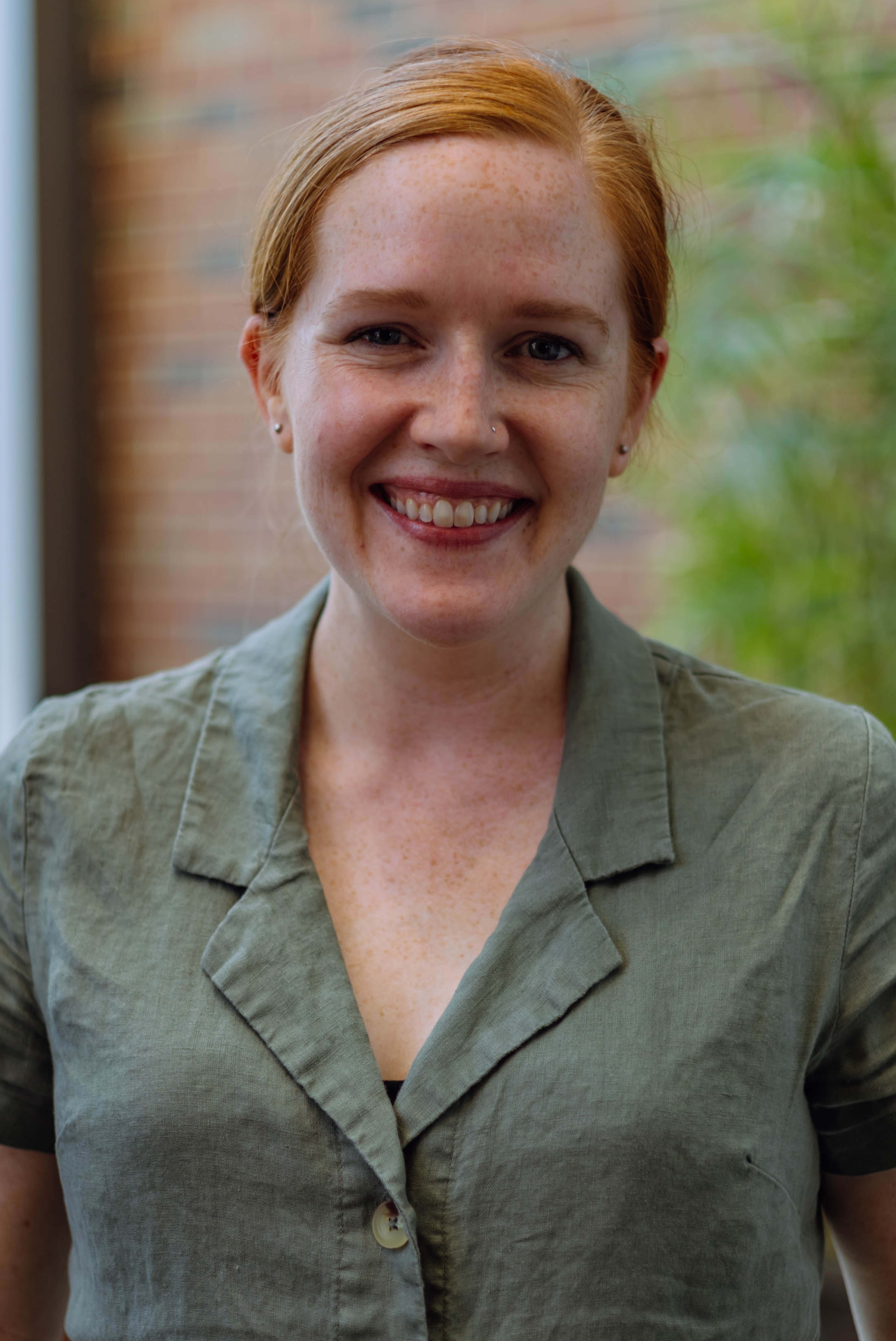On the door next to mine at Wheaton College is a sign that says: “Sociology without theology is powerless, and theology without sociology is blind.” This is a favourite saying of my colleague and fellow sociologist, Henry Kim. Upon first reading, this statement may come across as strange or exaggerated, but I think it’s worth our consideration.
“Sociology without theology is powerless, and theology without sociology is blind.” Some Christians wonder whether sociology can be of any use to the church. Sociology is a thoroughly modern, secular field of study. As an academic discipline, it emerged in the 19th century as an attempt to make sense of the massive social changes that industrialization and modernization were bringing to Europe. Its three most famous founders—Karl Marx, Emile Durkheim, and Max Weber—were all atheists who excluded the spiritual realm from their interpretation of the world. What can we learn from an academic discipline that doesn’t hold a fully biblical view of reality?
“Theology without sociology is blind.” Sociology is an attempt to see the social world, to pay careful attention to the micro- and macro-level dynamics that shape our society. Sociology is the study of social groups, social change, and the causes and consequences of human behaviour. As an empirical science, sociology aims to see the social world as it is.
For the church to effectively live out the gospel in a complex society, we need to be able to see and understand the social contexts we inhabit. Good theology is essential but not enough.
A few years ago I did a study on racial diversity in British evangelical churches. I wanted to understand what helped or hindered churches from becoming integrated across lines of race and ethnicity. One of the basic findings of the study was that for pastors, having a robust theology of ethnic diversity was a necessary but insufficient condition for churches to become racially integrated. I spoke with several pastors who offered a compelling biblical vision for multiethnic churches. They referenced the trinitarian model of unity in diversity, God’s promise to bless all peoples through Abraham (Gen. 12:1), the multiethnic church as an outworking of Christ’s reconciling power (Eph. 2:15), and the new creation vision of an ethnically diverse people worshipping God (Rev. 7:9). Yet, pastors who articulated a beautiful theology of multiethnic community and expressed a desire to cultivate it in their churches faced significant obstacles in making their vision a reality. Why? Because the church is a social institution as well as a spiritual one.
"Sociology does not treat people as isolated individuals who make choices in a vacuum. Rather, sociology helps us to see how the social contexts and structures we’re part of—from economic and political systems down to neighbourhoods and family structures—shape who we are and the choices we make in life." This is where the tools of sociology come in. To better understand why people and institutions behave the way that they do, sociologists have spent many decades refining a variety of research methods. Some sociologists run large-scale surveys and perform statistical analysis. Other sociologists conduct social experiments or code for patterns in big data. In my own work, I combine the methods of in-depth interviews and ethnography—the practice of immersing oneself in a community for several months or years to understand it from the inside. Each of these methods have their limitations, but all of them enable sociologists to collect data in a systematic way and then to find patterns in those data. Rather than making assumptions about how people feel about church or how they ought to participate in community, good data collection gives insight into people’s actual experiences, motivations, and self-understandings.
For the study on racial diversity in the church, I interviewed 72 British evangelicals—the majority of whom identified as Black British or British Asian. Sitting down with each person for an hour enabled me to attend carefully to the particularities of their experience. Later, coding the thousands of pages of interview transcripts helped me to identify patterns across experiences and perspectives. Some of the themes that emerged from the interviews were that social class, immigrant generation, and experiences of racial discrimination were all significant factors in shaping whether people felt welcome and respected in a multiethnic church. For church leaders who already have good theology and the desire to foster multiethnic churches, gaining these sociological insights is helpful in understanding the barriers to making their vision a reality and then adapting their approach to address those barriers.
This brings me to a second strength of sociology, which is its analytical focus on social contexts and social structures. Sociology does not treat people as isolated individuals who make choices in a vacuum. Rather, sociology helps us to see how the social contexts and structures we’re part of—from economic and political systems down to neighbourhoods and family structures—shape who we are and the choices we make in life. Particularly for the Western evangelical church, this structural emphasis can be a helpful corrective to an overly individualistic understanding of human identity and behaviour.
"The tools of sociology—its research methods and its analytical focus on social structures—can help church leaders to more clearly see and understand the communities we are part of and the people who inhabit them." In my research, I have engaged with middle-class pastors who were frustrated that working-class people they were reaching out to in the neighbourhood came to church only sporadically and did not seem to get involved. What these pastors needed help to see was that the social contexts of working-class people were quite different from those of their middle-class clergy, and that they therefore had different expectations and experiences of church. While middle-class clergy valued 40-minute intellectually-rigorous sermons, working-class parishioners valued more participatory and practical engagement with Scripture. While middle-class clergy expected punctual attendance every Sunday, some working-class parishioners held jobs that required them to work shifts on Sundays. Middle-class clergy dressed and spoke in ways that could be alienating to working-class neighbours. Attending to these structural realities—specifically the ways in which social class shapes communication styles, level of control over one’s schedule, and even aesthetic preferences, can help church leaders to adapt their practices and expectations to be more genuinely inclusive.
The tools of sociology—its research methods and its analytical focus on social structures—can help church leaders to more clearly see and understand the communities we are part of and the people who inhabit them.
Yet sociology does not have all the answers. “Sociology without theology is powerless,” my colleague Henry maintains. It is powerless to ultimately eradicate the social problems that it analyzes. As a Christian sociologist, I find sociology to be helpful as a diagnostic tool. Sociology can help Christians to better understand the effects of the fall—particularly how dynamics of exclusion and inequality persist along lines of race, class, gender, and other group identities. But sociology does not offer a coherent vision of human flourishing. This is where sociology needs theology. And because sociology excludes (or at least brackets) the spiritual realm, it underestimates both the power of sin to enslave and the power of Christ to liberate. Social problems like racism and classism are deeply rooted in human pride and greed, and it is only Christ that can fully heal us of these diseases and transform us into a new humanity (Eph. 2:15). While Christians can and should use the tools of sociology to understand how social problems operate, we must also rely on the Holy Spirit to grant us the wisdom and power to cultivate communities of righteousness and justice.

